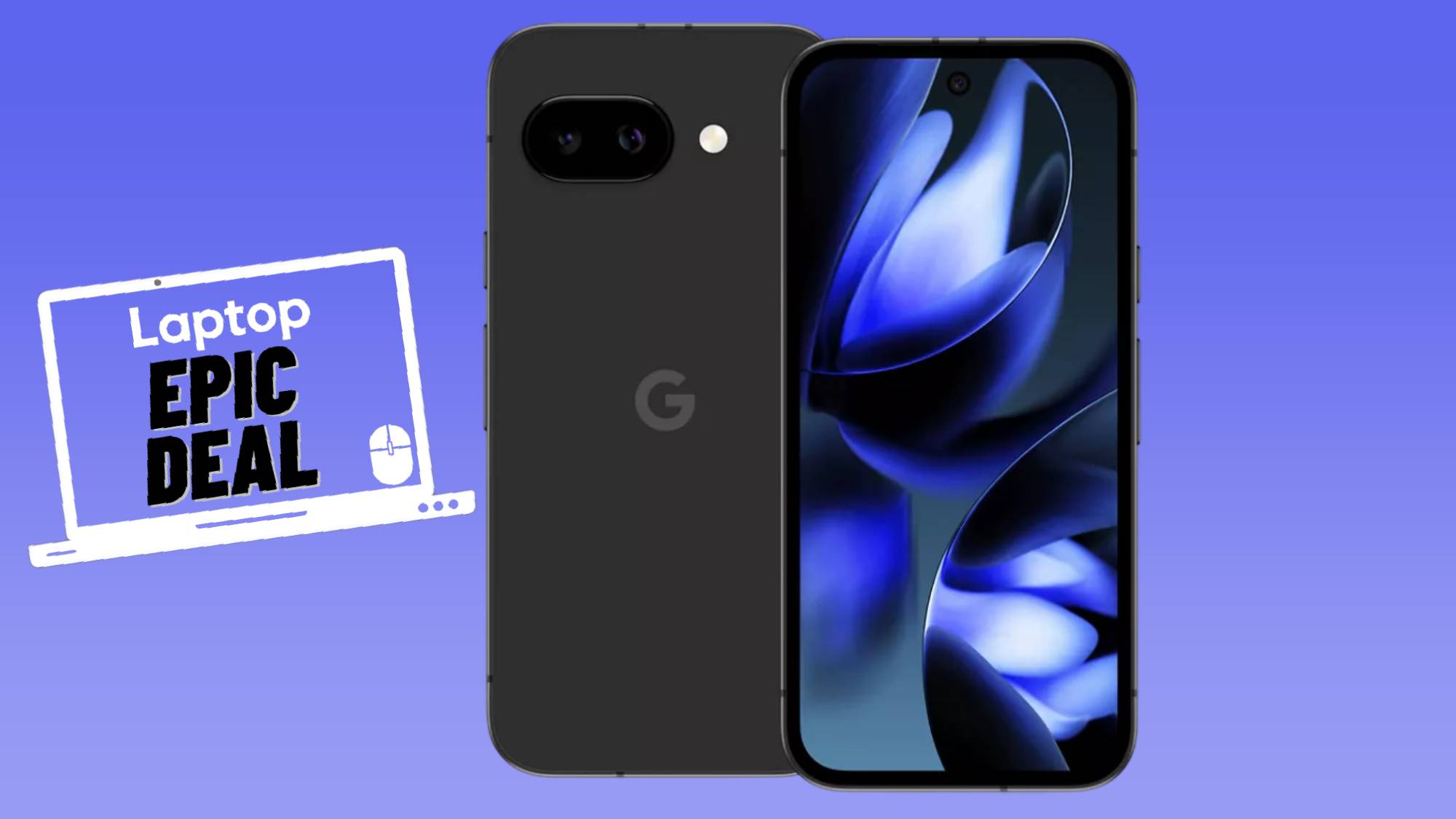The Best Time to Buy a Laptop
Nothing causes buyer's remorse quite like seeing the laptop you bought last month for $1,000 go on sale for $750. It's equally unpleasant to buy a pricey new Dell XPS 13 in November and then watch as Dell unveils a much faster and more technically advanced model in January.
The price on most laptops drops eventually, and newer models are always coming around the corner. So when is the best time to buy a laptop? The answer depends a great deal on your circumstances.
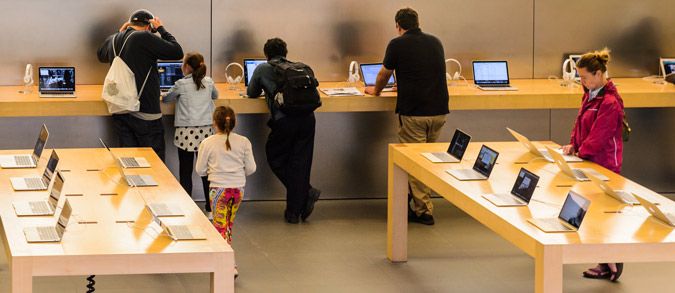
Do You Need It Now?
Why you can trust Laptop Mag
The best time to buy a new laptop is when you really need one. If your current notebook is broken, you need stronger performance for work or play, or this is a child's first computer, there's no good reason to delay your purchase. However, if you have a competent but aging laptop that you plan to replace in the near future, you might save money or benefit from newer technology if you wait strategically.
Back-to-school sales from major retailers like Amazon and Walmart are just beginning and with Prime Day just a few weeks away, you're practically guaranteed to save money if you wait.
MORE: Best Laptop Deals of Today
MacBooks
Apple typically refreshes its laptops once per year, though the company doesn't always release all the new models at once or follow a consistent schedule. Apple last refreshed its Mac laptops, including the 12-inch MacBook, MacBook Pro 13-inch, a MacBook Pro 13-inch with Touch Bar, MacBook Pro 15-inch (also with Touch Bar) and MacBook Air in June 2017. Except for the Air, all of the MacBooks are now running Intel's 7th generation "Kaby Lake" processors.
However, Intel released many of its 8th Generation "Kaby Lake Refresh" processors in fall 2017, putting Apple's entire laptop line at a technical disadvantage relative to its PC competitors, which mostly have 8th Gen Core by now.
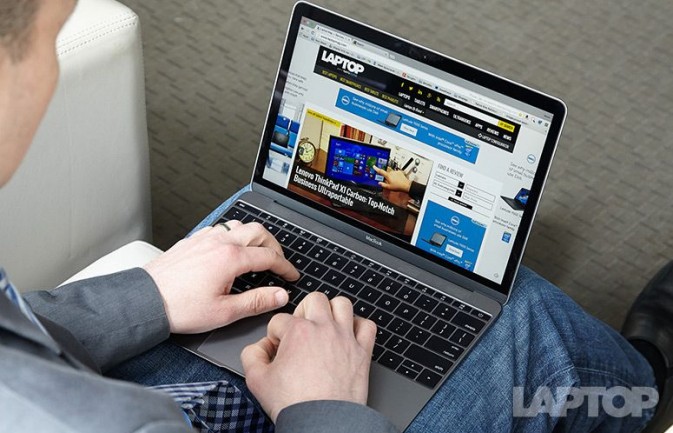
Apple laptops are long overdue processor upgrade and considering that Intel's 8th gen CPUs are as much as 92-percent faster than their predecessors, the performance is worth the wait.
Bottom Line: Wait. If you're buying a MacBook Pro or MacBook, much faster models will be available within the next few months. However, the MacBook Air is unlikely to get an upgrade.
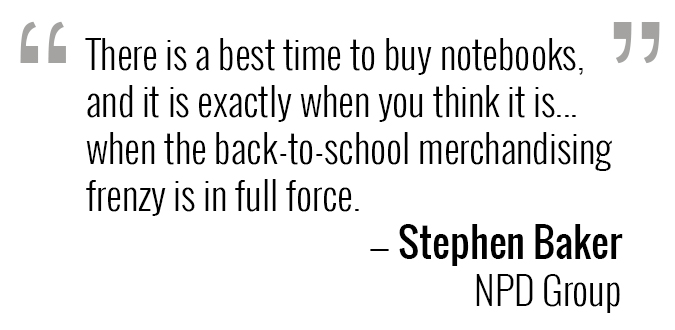
PC Laptops Sale and Refresh Schedule
The major PC manufacturers release new laptops at three times of year: back-to-school season (June to September), holiday season (September to December) and spring (February to April). New models usually ship at the beginning or middle of these windows. However, the best deals tend to appear in July/August and November/December, which are the heart of the school and holiday shopping seasons. This year, we also expect to see better-than-average laptop deals from Amazon's Prime Day, which is likely to be held July 16 based on leaks.
"There is a best time to buy notebooks, and it is exactly when you think it is, between the last week in July and the first three weeks in August, when the back-to-school merchandising frenzy is in full force," said Analyst Stephen Baker, who studies laptop pricing and sales for the NPD Group, a market intelligence firm. He noted that this time frame applies to both Macs and PCs.
MORE: Best Ultrabooks (Thin-and-Light Windows Laptops)
Not surprisingly, we've found that prices can be just as low if not lower at the end of the year, when consumers are busy buying gifts for family members or for themselves.
For example, the 12-inch MacBook (Core m3, 256GB) debuted at $1,299.99 on Amazon in June 2018, but saw its first major price drop during Black Friday season of 2017, before shooting back up to its retail price of $1,299.99. As we enter the beginning phase of back-to-school season, the laptop dropped briefly to an all-time price low of $1,099.
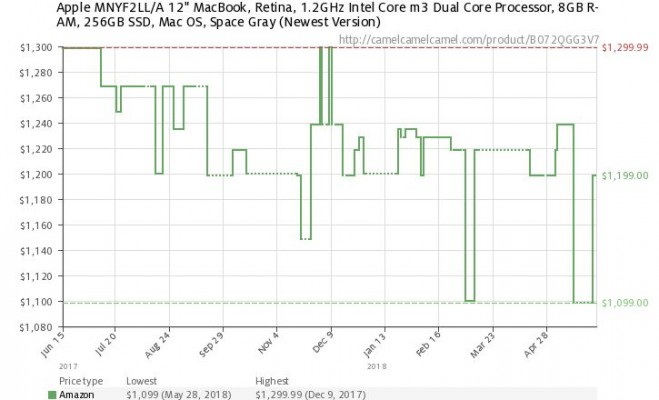
Unfortunately, there's no guarantee the product you want will be any cheaper in August or December than it was in April. You may find a newer model at the same price, though.
Bottom Line: You'll find more deals in the July/August and November/December time frames and will see new model releases in early spring, midsummer and fall.
Intel CPU, Nvidia GPU Refreshes Lead the Industry
Though PC vendors tend to release new products at three times of the year, they usually don't refresh each model more than once a year. Business notebooks in particular can stay on the market unchanged for as long as 18 months. Most updates are timed to coincide closely with Intel's CPU release schedule, as manufacturers want their laptops to carry the latest generation of processor nearly as soon as it's available.
Intel announced its new 8th Generation "Kaby Lake Refresh" chips in August 2017, and new laptops with the processors began rolling out in late September. The 8th Gen Core refresh is more significant than most prior CPU updates, because the mainstream U series has been upgraded from two to four CPU cores, which provides much better multitasking and productivity performance. In our tests, laptops with the new chips were as much as 92-percent faster than their predecessors on certain tasks. This is a processor upgrade that's definitely worth waiting for.
In January 2018, Intel unveiled the business-friendly, versions of the 8th Gen Core i5 and Core i7 U series chips. Dell is already selling refreshed versions of most of its Latitudes. Lenovo has announced all-new ThinkPads with Intel's new CPUs, and some of them have even gone on sale already.
When shopping for a new system, you can tell that a laptop's processor is 8th Gen Core if the first digit of its four-digit model number is an 8 (ex: Core i5-8250U). Older, Intel 7th Generation "Kaby Lake" chips use a 7 at the beginning of the model number (ex: Core i5-7200U).
For many years, AMD's laptop processors were nothing to write home about as they appeared on a handful of low-performance, low-budget systems. However, in November 2017, the company launched its new Ryzen Mobile chips, which are about as fast as Intel's 8th Gen Core i5 and i7 U Series CPUs.
MORE: Which Laptop CPU is Right for You?
In the world of gaming laptops, graphics chip updates are even more important than CPU refreshes. In August 2016, Nvidia released its new "Pascal" GPUs, which carry model numbers beginning with 10 (ex: GTX 1060, GTX 1070). Gaming laptop vendors such as Alienware, Asus and MSI immediately began refreshes of all of their models to incorporate Pascal, which offers significantly faster performance and VR-readiness than the previous generation of Nvidia 900 series (GTX 960, 970 and 980) chips.
The evolutionary improvements in performance and battery life between two generations of Intel processor — 6th Gen to 7th Gen, for example — may not be significant on their own However, manufacturers often use a CPU or GPU refresh as an excuse to make a laptop lighter or add new features like a higher-res screen, a faster SSD or new ports. Lenovo's 2018 ThinkPads all have USB Type-C charging and a physical webcam cover, neither of which is related to their new processors.
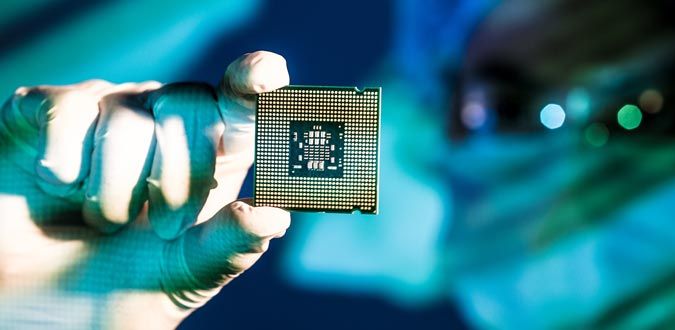
Many times, a chip refresh also leads to the release of completely new products, such as the attractive Dell XPS 15 2-in-1, which is now available with Kaby Lake G. Other times, it leads to major design changes to existing models as we saw on the ThinkPad X280, which is half a pound lighter than its predecessor and features a new, non-removable battery.
Bottom Line: Most consumer laptops and many business laptops already have Intel's 8th Gen Core CPU, but if the laptop you want is still using a 7th Gen CPU, delay your purchase.
How to Know if You're Getting a Good Deal
Whenever you find a laptop sale — in December, August or April — it can be hard to tell whether you're actually getting a great price or just a slight discount off the MSRP, unless you know what the product normally sells for. There are a couple of ways to tell:
- Use a price-history tool: A couple of sites track price changes over time so you can see if today's price is really the lowest it has ever been at one particular retailer. Camelcamelcamel.com (and its Chrome extension) will show a price-history graph for most products on Amazon, while the Hover Hound Chrome extension does the same for Newegg.
However, we haven't found a service that tracks the price history from other key services, such as Dell.com, Lenovo.com or Microsoft Store, all of which offer great prices. We're also yet to find a tracker that shows the price of the same product across multiple retailers. So Amazon's lowest price ever may still be higher than someone else's.
- Visit deal aggregators: Deal news sites keep an eye on pricing and call attention to the best deals in their posts. We maintain an up-to-date list of deals at Laptopmag.com, and you can also check out sites such as techbargains.com.
- Weed out fake reviews: User reviews can be very helpful when making a big purchase. However, there are plenty of junk reviews out there. Amazon shoppers can use the website Fakespot to weed out fake reviews from honest ones. The site uses an algorithm to spot questionable reviews and rates every product's user reviews based on its findings.
To Wait or Not to Wait?
When deciding whether to buy now or wait, you have to consider both price and obsolescence. No matter what type of laptop you want, you are likely -- but not certain -- to get the best prices in either the back-to-school (June - August) or holiday (Mid-October - December) time frames.
If you're worried about your new laptop becoming obsolete soon after you buy it, you need to make sure that the model you get has either an Intel 8th Gen Core or an AMD Ryzen Mobile processor inside. Most mainstream consumer laptops now have 8th Gen processors inside and some business laptops have them also. However, budget systems and mobile workstations won't get 8th Gen upgrades until much later in 2018.
Stay in the know with Laptop Mag
Get our in-depth reviews, helpful tips, great deals, and the biggest news stories delivered to your inbox.

